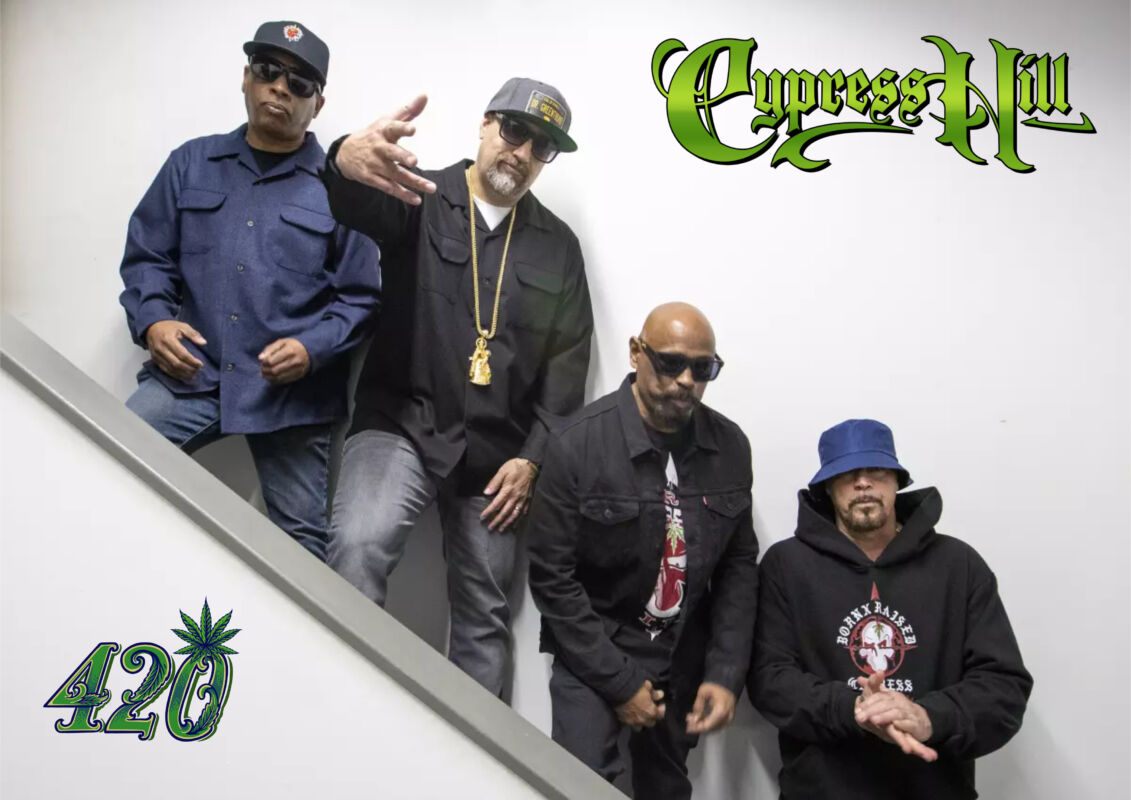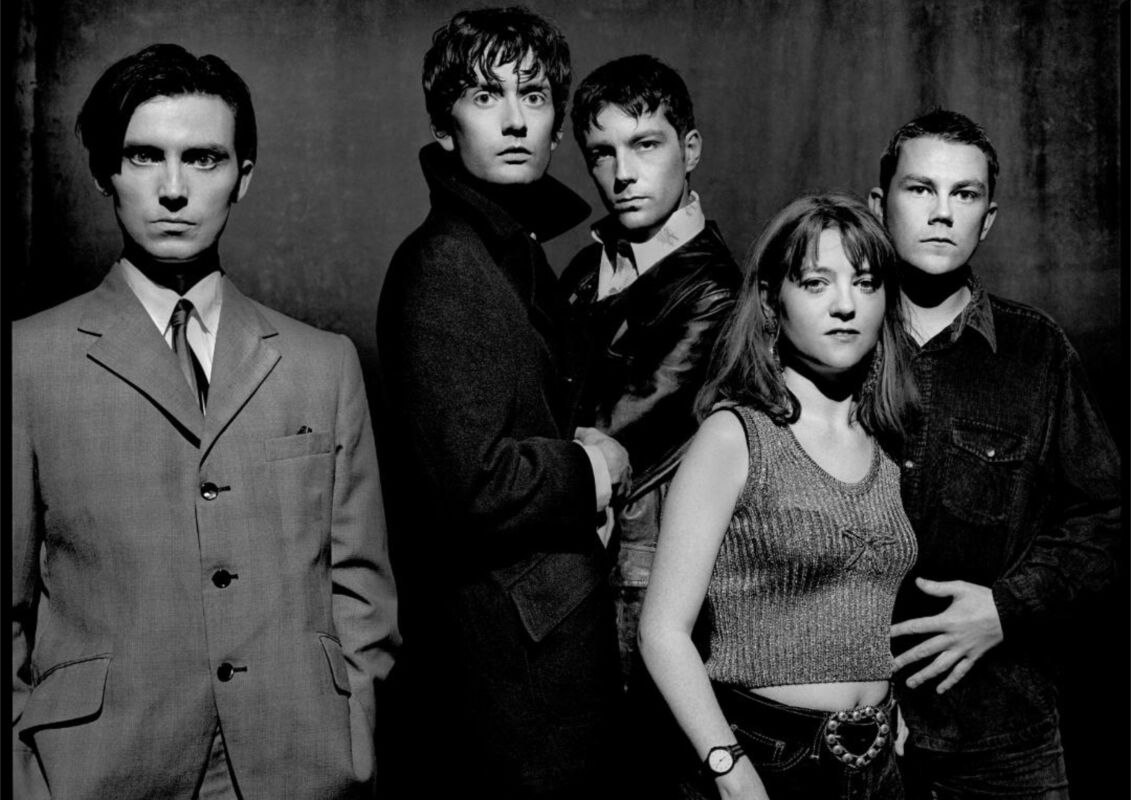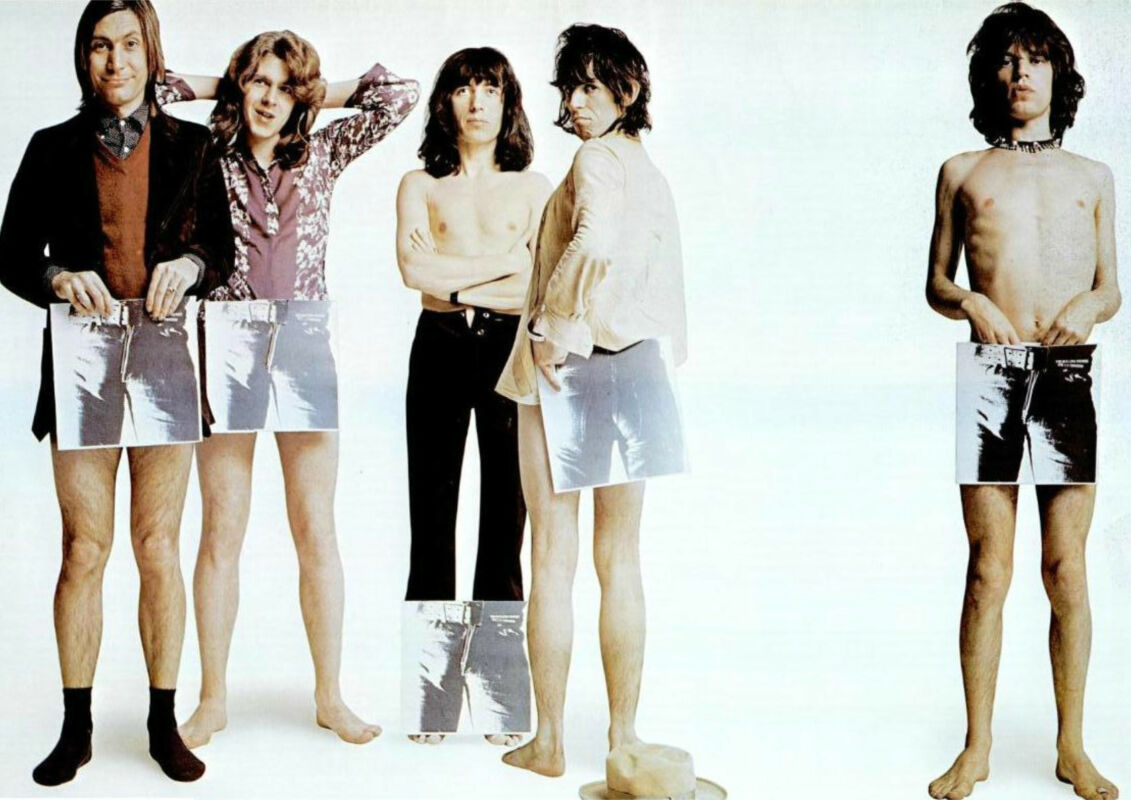
This week in 1984 the eponymous debut studio album The Smiths was released by Rough Trade Records.
Produced by John Porter the album was well received by critics and listeners, and reached number two on the UK Albums Chart, staying on the chart for 33 weeks. It established the Smiths as a prominent band in the 1980s music scene in the UK. The album also became an international success, peaking at number 45 in the European Albums Chart.
The album was ranked number 481 on Rolling Stone magazine’s list of the 500 Greatest Albums of All Time and placed at number 73 in The Guardian’s list of the 100 Best Albums Ever.
PopMatters included the album on their list of 12 Essential Alternative Rock Albums from the 1980s saying: “Morrissey’s career are fully accounted for on The Smiths, where they are rendered all the more piercing by Johnny Marr’s delicate guitar-picking and John Porter’s stark production.”
Slant Magazine listed the album at 51 on its list of Best Albums of the 1980s stating: “There’s no reason why a mordant, sexually frustrated disciple of Oscar Wilde who loved punk but crooned like a malfunctioning Sinatra should’ve teamed up with a fabulously inventive guitarist whose influences were so diffuse that it could be hard to hear them at all and formed one of the greatest songwriting duos of the ’80s.”
Personally, it took me years to fully embrace these charming men: Morrissey, Marr, Rourke, and Joyce. But once I understood them I fell in love like crazy, took me out from my traditional point of view that punk rock is the only rebellious form in music. The Smiths, I agree with what Q magazine’s Simon Goddard said, elevated rock’s standard four-piece formula to new heights of magic and poetry.
Morrissey said of the music video, the second single’s lyrics: “I really like the idea of the male voice being quite vulnerable, of it being taken and slightly manipulated, rather than there being always this heavy machismo thing that just bores everybody.”





